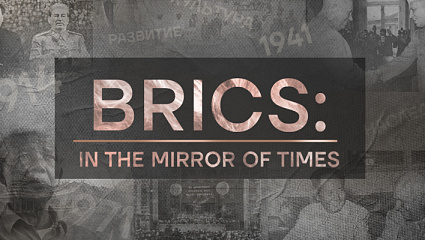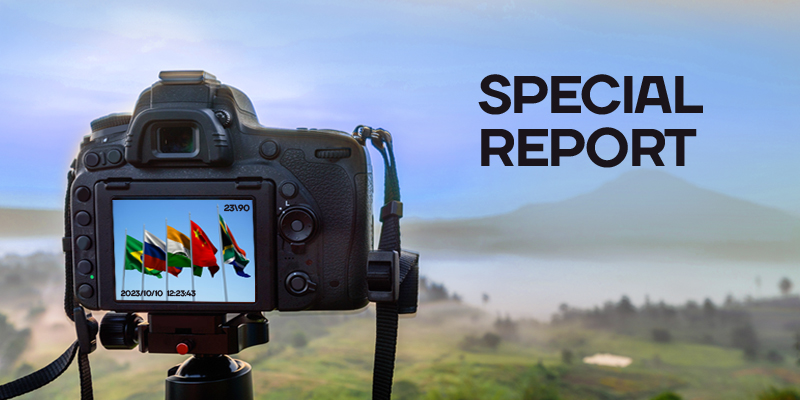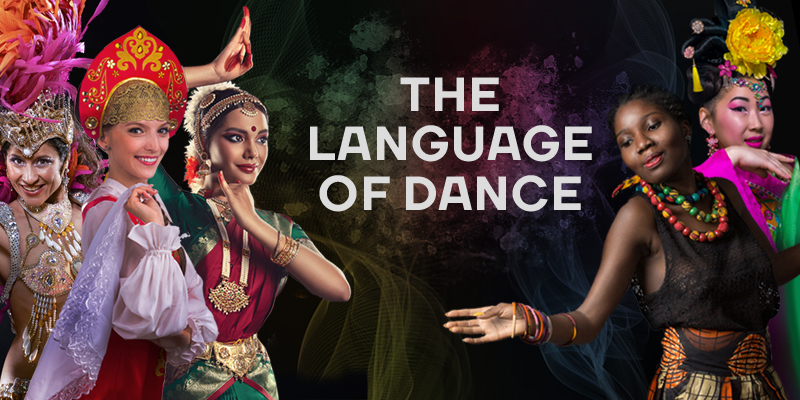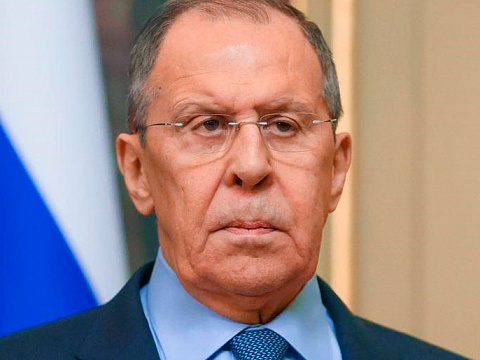Aleksey Arkhipovsky: “I am grateful to the fate that I succeeded with balalaika”
I was born in 1967 in the city of Tuapse, the Krasnodar Territory. I graduated from musical school where he learned to play the balalaika. In 1982, he entered the Gnesin State Musical School, the Department of Folk Instruments. In 1989, he became a soloist in the Smolensk Russian Folk Orchestra. In 1998 - a soloist in the State Academic Russian Folk Ensemble 'Russia'. Since 2002, he began a solo career.
Ksenia Komissarova, a TV BRICS correspondent, spoke with Aleksey Arkhipovsky.
Paganini of the Russian balalaika, the genius of three strings - this is all about you. In Russia, your concerts are always sold out. I want to know how you are greeted by fans in other countries, especially in the countries of the BRICS group?
Well, I was not in all BRICS countries. Only a little bit of China and India. And, in general, very briefly. But the impressions are the best. People love music. And since I play not some kind of completely Russian folk music, but such an unusual authoring story, it seemed to me that there was interest.
Does your music change after traveling around the world? What impression do countries, continents, people leave?
Everything affects somehow the creativity, the sound. The instrument sounds different - somewhere it is hot, somewhere it is wet. Well, in general, in different ways. And, in accordance with this, all sorts of associations appear.
Did you see, if I may say so, analogues of the Russian balalaika abroad, and do you think there is any instrument in the world that can compete with it?
In every country, probably, every nationality has its own balalaika. They are called banjo in some places, they are called something else in other places. All kinds of ukuleles, small instruments, with which peoples begin a musical story. So I saw, yes in the same China, I had a fortune to play with a very old man who was one of the best performers, I do not remember the name of the instrument. One string thereof was very piercing. You can often hear it in the Chinese movies. And we tried to play Katusha there, it seems, or Kalinka using some pentatonic scale. So, it was such an interesting jam. But, I believe that any national instrument expresses very well its geographical and climatic position, the place of its origin. And it expresses nature, people, their special mentality.
You are a welcome guest at festivals of classical, ethnic, and jazz music. Is there anything that you don't think you can play the balalaika, and what do you not play the triangular instrument?
Hard to say. It would probably be hip-hop. Well, in general, everywhere you can find something and manage it, probably.
It is difficult to remain calm agaist your energy, how many instruments do you have, how often do they wear out and how should you take care of balalaikas?
Only with me on the plane, thank God, they suit the size allowed. 135 ones. That is why, always with me, I am always worried. One instrument "got very sick" after Madagascar, where the humidity is 90 percent. And so I took it out, I had to play, on the ground, on the street - it just "cried" and was swollen, so, there were big problems. I always have to take care. Now it is getting better little by little, I hope that everything will be fine with it. Currently, I have three such instruments, working ones, with which I interact somehow. (He shows the instruments - ed.) This is Ivan Galinis of 1928. Nalimov, Semyon Ivanovich. It is of 1915, and now a very strange instrument has come, made at the beginning of the 20s, it is also such a strange one. We'll be working.
How do they withstand your energy?
It is difficult for them, actually. Since I devote a lot of time to playing, often, from morning till evening, in fact, and, there are plenty of concerts. Since I play alone, mostly solo, the instrument is in some such ... a very difficult acoustic situation for one and a half to two hours. Well, I try to agree with it, then we are cured, recover and rest. So, everything is as it should be.
Love for music is inherited, you had to play the accordion, but it turned out to be a balalaika. Do you regret it?
In fact, I am grateful to the fate that I succeeded with the instrument, with the balalaika. I generally prefer sounds made with string instruments to those made with wind ones. I feel them in a special way. They vibrate interestingly, and their nature is completely different.
You are also called Russian Hendrix. Can the fans hope that someday they will listen to the Arkhipovsky dynasty?
I have a son, he has another story, which I was also interested in as a child: physics and astronomy, he is more interested in these fields. He is inspired; there is success, thank God. Maybe, somebody in future generations will be like me some day.
Do you think your talent is a gift, is it the result of work or all together?
Probably, first of all it is interest. Love for playing. Then a huge part of the work, of course, a large part. Well, and a little bit, perhaps, some true feelings that excite creativity. I do not rehearse, I can not call it now loke that. I rehearsed as a child. And now it's like a search process. Search for sound, search for some new material. Sometimes for inspiration, when it seems very beautiful.
Your playing is an incredibly fascinating spectacle. I can not help asking you to perform any composition for our viewers. Thank you for this meeting and for your music.







 DIGITAL WORLD
DIGITAL WORLD




































